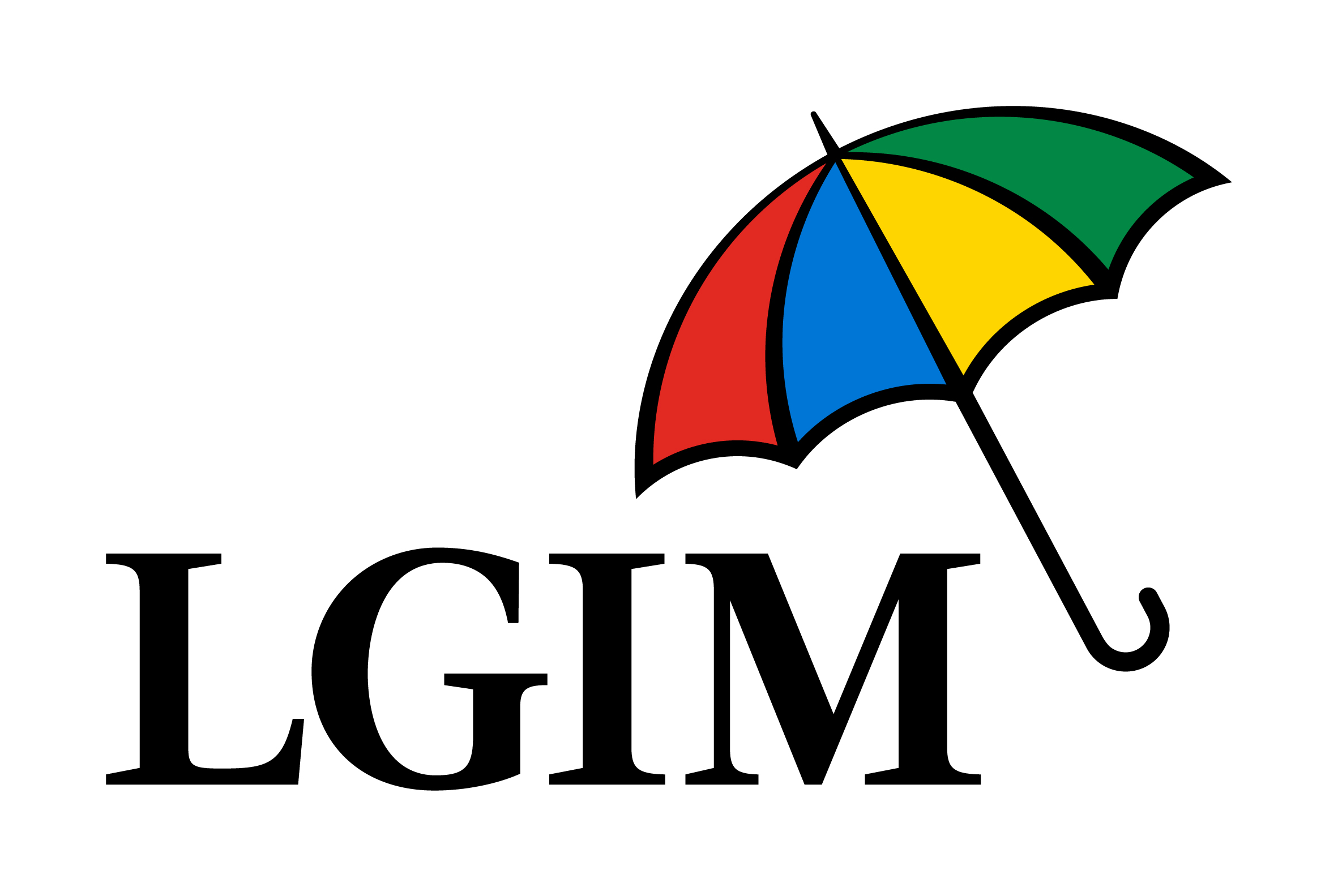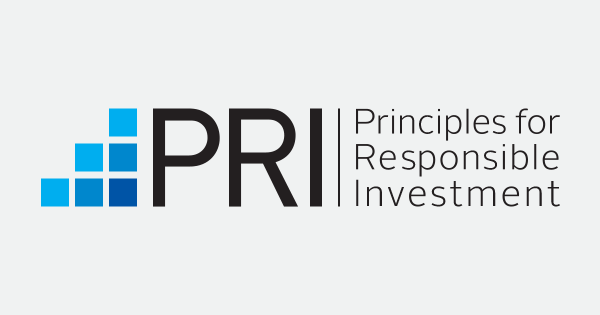ETF issuers that offer ESG strategiesare extremely conscious of the argument lobbied at them around engagement with underlying companies however how big of an issue is this for the industry?
The engagement issue was highlighted last week by wealth manager Tribe Impact Capital which argued ESG ETFs simply track an index without explicitly engaging with the underlying companies.
This, the firm’s CIO Fred Kooij said, meant ESG ETFs can be left exposed to holdings at risk of poor ESG outcomes with limited opportunities to engage directly with all companies in the portfolio.
“Couple this with limited shareholder engagement and passive funds become as much a part of the problem as their holdings are,” Kooij added.
The lack of shareholder engagement has beenvolleyed at ESG ETFs before. Some argue ETF issuers simply ‘free ride’ on the efforts of other investment managers rather than bear the costs of engaging themselves.
Furthermore, the fact the majority of ESG ETFs are index tracking means they cannot divest in a particular company or reduce exposure to a security because they are concerned about its environmental practices.
As the Principles for Responsible Investment (PRI)highlighted last year: “Investors sometimes have escalation procedures if engagement does not progress positively.
“These escalation procedures may include reducing their exposure or divesting from a position either temporarily or permanently.
“While active investors can freely follow such an escalation procedure, passive investors will not be able to reduce exposure or divest unless they exit the index entirely or adjust the weightings of a tailored index. This limits possible options if engagement proves unsuccessful and escalation is deemed to be necessary.”
Because index-tracking ESG ETFs are unable to divest from a particular company, they have an even greater responsibility than active managers to constantly engage with individual companies while holding index providers to the highest of standards.
Evidently, some ETF issuers have been more active than others in their engagement. Highlighting this, a ShareAction report, released earlier this year, found the majority of passive managers showed a “limited approach” to effectively addressing stewardship activities.
Companies such as BlackRock, Vanguard and State Street Global Advisors (SSGA) were ranked in the D and E categories. At the other end of the spectrum, however, Legal & General Investment Management (LGIM) was given an A rating by ShareAction “demonstrating that passive investors can have a leading approach to responsible investment”.
Therefore, while ESG ETFs are beholden to the index they track, this does not mean ETF issuers cannot have impactful engagement procedures. Investors should monitor this area closely as selecting the right ETF issuer could have as big of an impact as selecting the right index when it comes to ESG.







